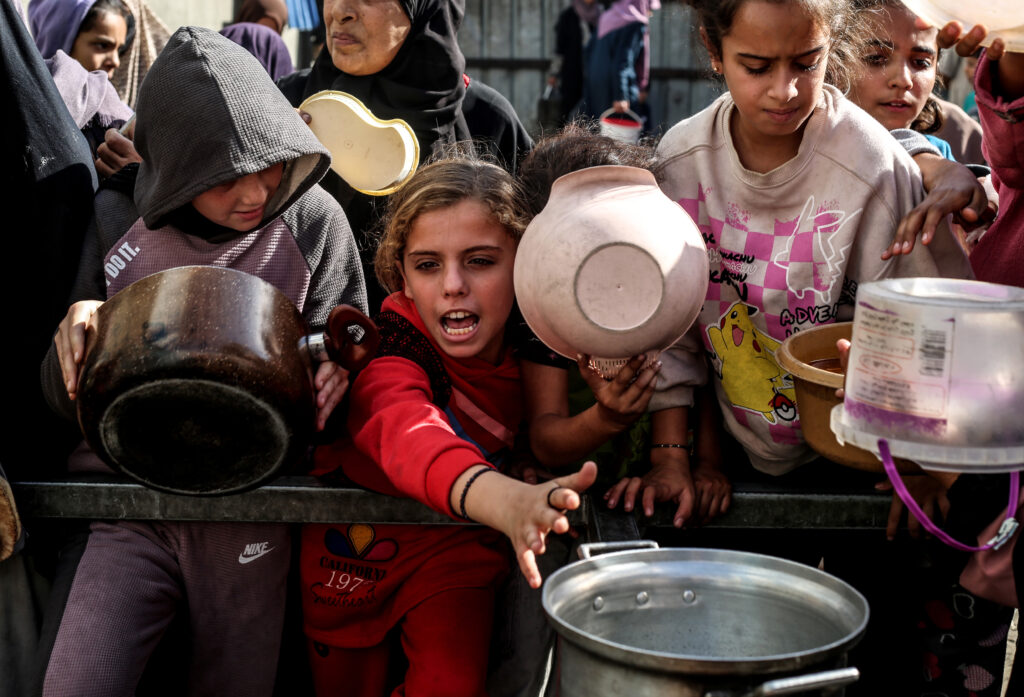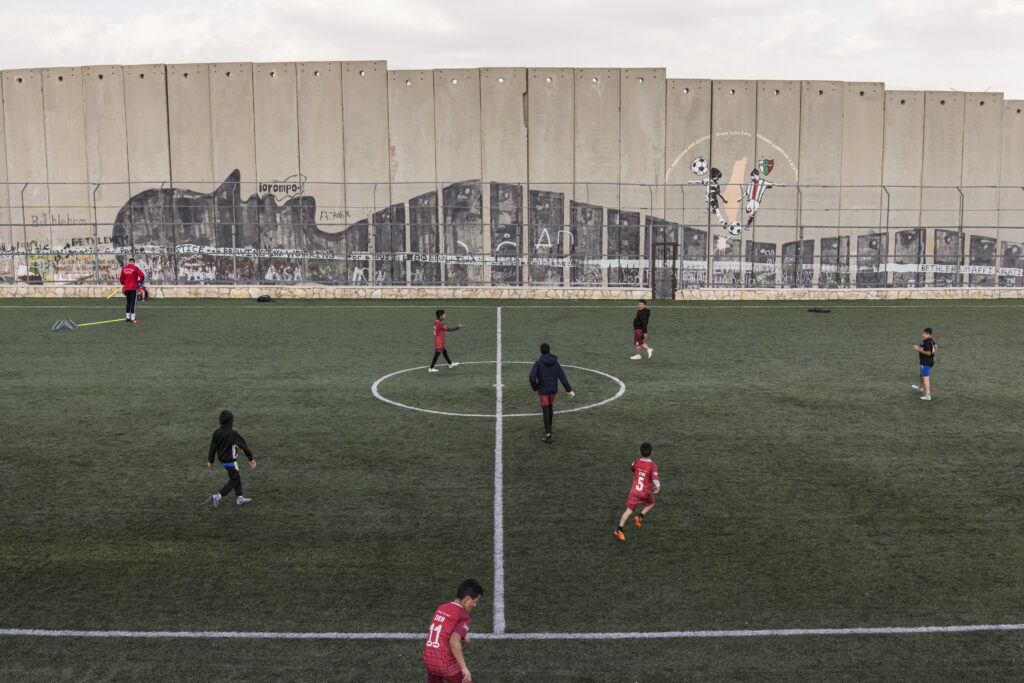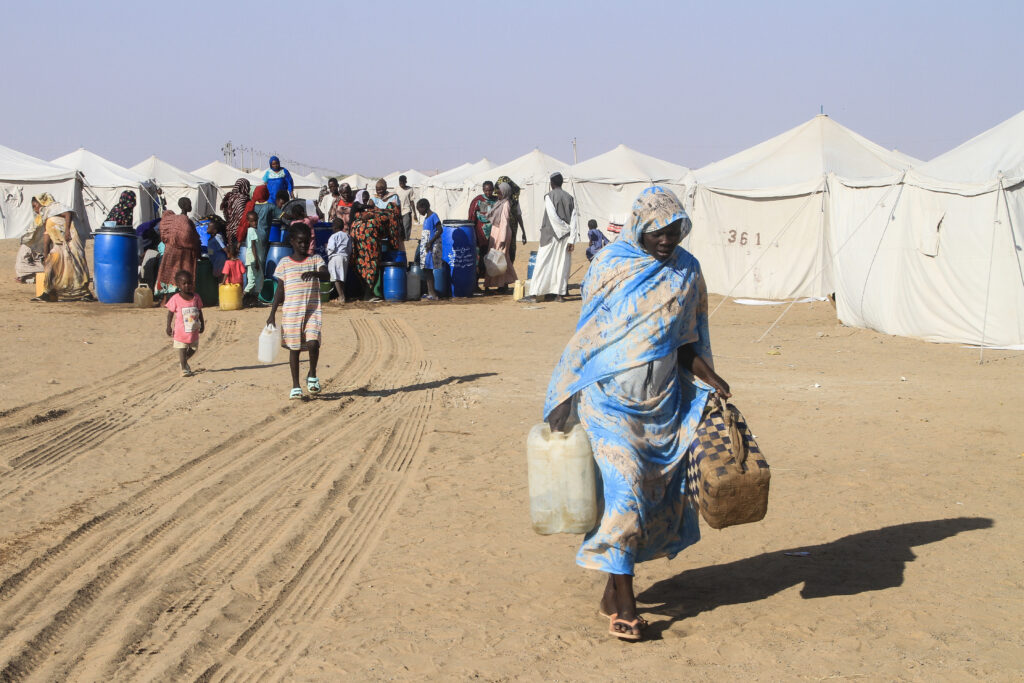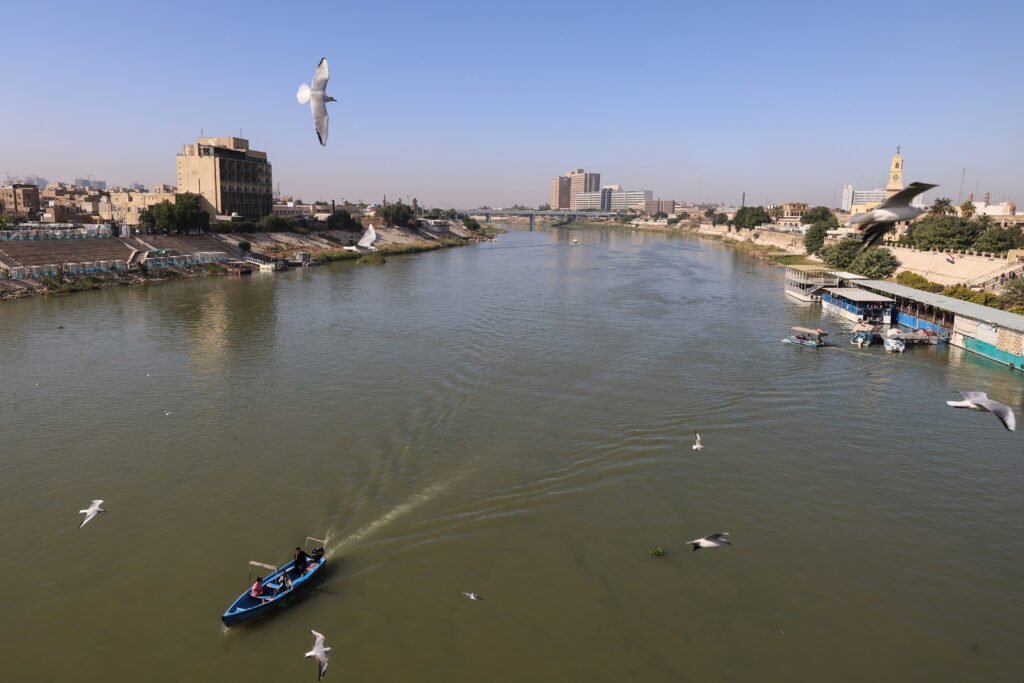UN declares famine over in Gaza, says ‘situation remains critical’
A famine declared in Gaza in August is now over thanks to improved access for humanitarian aid, the United Nations said on Friday, but warned the food situation in the Palestinian territory remained dire.More than 70 percent of the population is living in makeshift shelters, it said, with hunger exacerbated by winter floods and an increasing risk of hypothermia as temperatures plummet.Although a ceasefire between Israel and militant group Hamas that took effect in October has partially eased restrictions on goods and aid, delivery fluctuates daily and is limited and uneven across the territory, it said.”No areas are classified in Famine,” said the Integrated Food Security Phase Classification Initiative (IPC), a coalition of monitors tasked by the UN to warn of impending crises.But it stressed that “the situation remains critical: the entire Gaza Strip is classified in Emergency”.The US-sponsored ceasefire halted two years of fighting, sparked by Hamas’s attack on Israel on October 7, 2023.Yet the deal remains fragile as Israel and Hamas accuse each other almost daily of violations.”Following the ceasefire… the latest IPC analysis indicates notable improvements in food security and nutrition compared to the August 2025 analysis, which detected famine,” the IPC said.However, around 1.6 million people are still forecast to face “crisis” levels of food insecurity in the period running to April 15, it said.And under a worst-case scenario involving renewed hostilities and a halt in humanitarian aid and commercial goods, the territories of North Gaza, Gaza Governorate, Deir al-Balah and Khan Younis risk famine, it said.’Alarmingly high’ -The UN’s agencies said that despite the roll-back of famine, hunger, malnutrition, disease and the scale of agricultural destruction remains “alarmingly high”.”Humanitarian needs remain staggering, with current assistance addressing only the most basic survival requirements,” the food, agriculture, health, and childrens’ agencies said in a joint statement.”Only access, supplies and funding at scale can prevent famine from returning,” they said.The UN’s declaration of famine in August — the first time it has done so in the Middle East — infuriated Israel, with Prime Minister Benjamin Netanyahu slamming the IPC report as “an outright lie”.On Friday, foreign ministry spokesman Oren Marmorstein said on X that faced with “overwhelming and unequivocal evidence, even the IPC had to admit that there is no famine in Gaza”.But he also accused the IPC of continuing to present a “distorted” picture by relying “primarily on data related to UN trucks, which account for only 20 percent of all aid trucks”.Oxfam said that despite the end of the famine, the levels of hunger in Gaza remain “appalling and preventable”, and accused Israel of blocking aid requests from dozens of well-established humanitarian agencies.”Oxfam alone has $2.5m worth of aid including 4,000 food parcels, sitting in warehouses just across the border. Israeli authorities refuse it all,” said Nicolas Vercken, Campaigns and Advocacy Director at Oxfam France.- ‘Rapidly deteriorating’ -The IPC said hunger was not the only challenge to those in the Palestinian territory.Access to water, sanitation and hygiene is severely limited, it said, with open defecation and overcrowded living conditions increasing the risk of disease outbreaks.Over 96 percent of cropland in the Gaza Strip is either damaged, inaccessible, or both, it said, while livestock has been decimated.”It breaks my heart to see the ongoing scale of human suffering in Gaza,” UN Secretary-General Antonio Guterres said Friday.”We need more crossings, the lifting of restrictions on critical items, the removal of red tape, safe routes inside Gaza, sustained funding, and unimpeded access — including for NGOs,” he said.Guterres also urged the world “not lose sight of the rapidly deteriorating situation in the West Bank”, where Palestinians “face escalating Israeli settler violence, land seizures, demolitions and intensified movement restrictions.”




